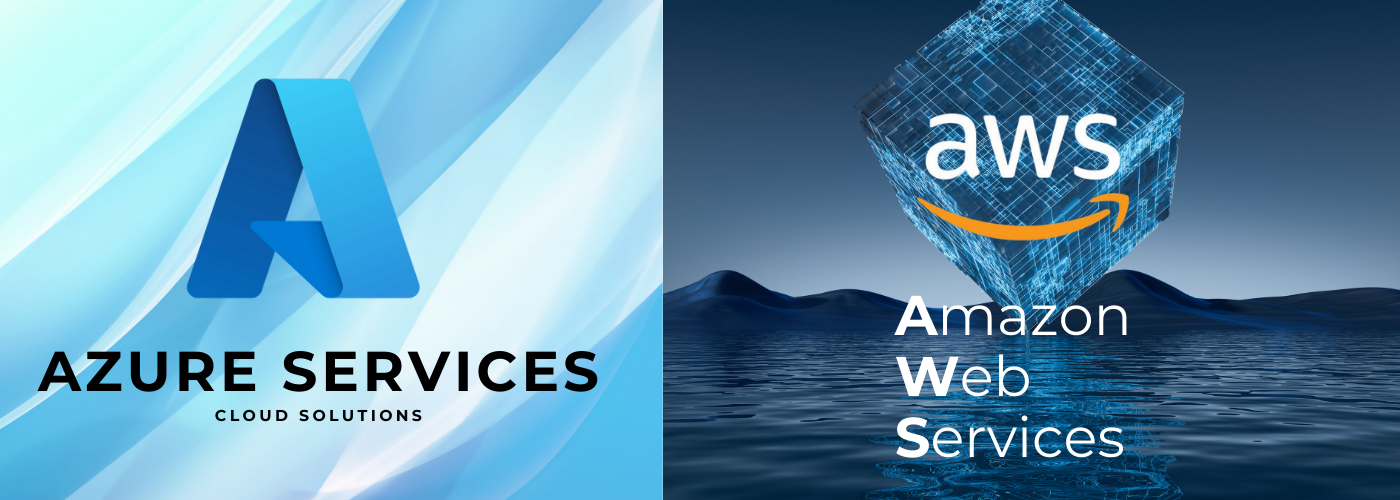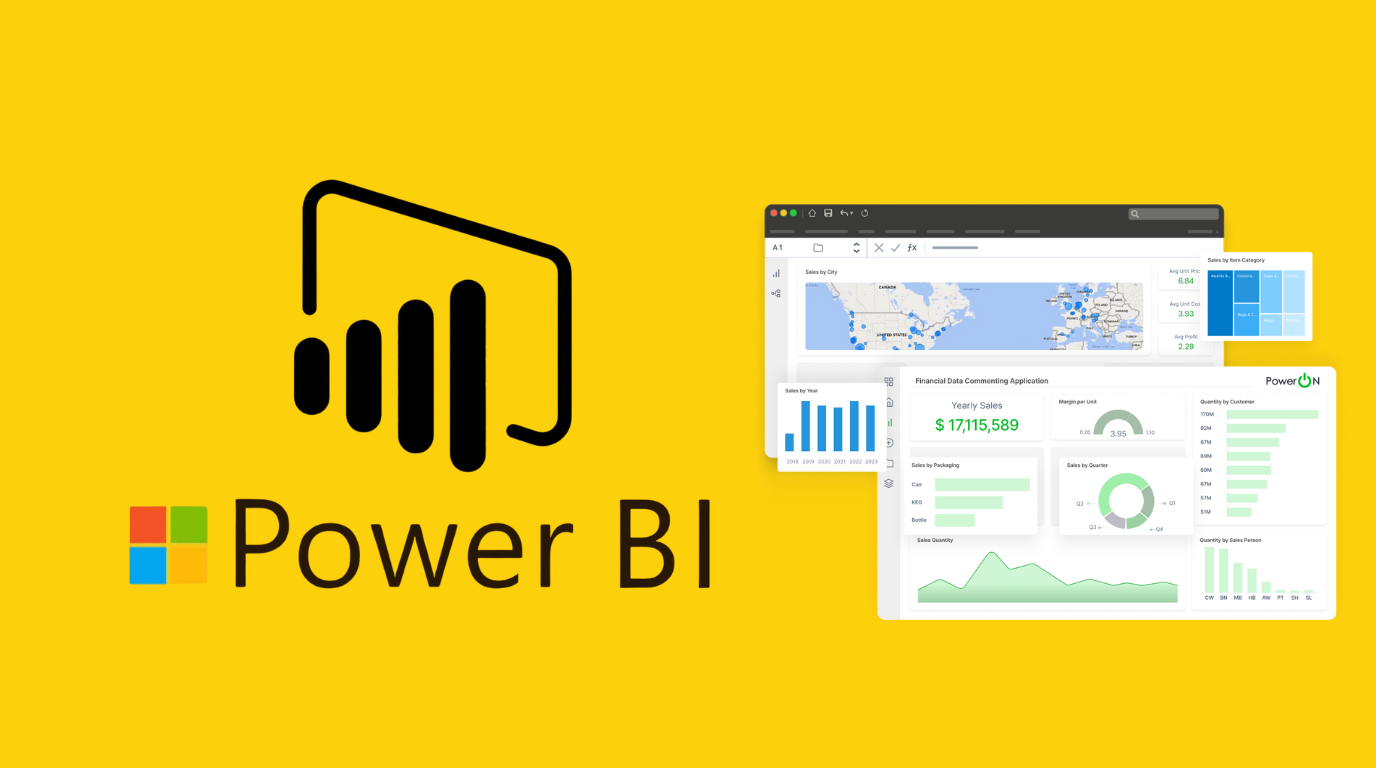AWS vs Azure

The cloud service providers AWS and Azure are truly miraculous helping millions across the globe creating a virtual space with a plethora of benefits. This article will delve deep into their pros and cons and look at the wide array of services, benefits and advantages they have. We will consider factors like: the cloud storage cost, the loss rate of data transfers, availability of data and so on.
AWS: It all began with the Amazon’s team recognizing the stagnation and complexity of their IT infrastructure. In order to improvise on their efficiency, Amazon’s team replaced the pre-existing infrastructure into well documented APIs. By the year 2003, Amazon had a moment of realization about their skills that is important for creating scalable and effective data centres. This is how Amazon Web Services came into existence. AWS is one of the leading providers of requirement basis cloud solution providing an IT infrastructure to companies of varying sizes. For companies that run on non-windows services, AWS works most efficiently for them and is a highly customisable podium. Netflix, Spotify, and such eminent companies use AWS.
AWSs’ services remained unparalleled as Google, their first competitor only came up beyond 2009 and Microsoft stepped up by 2010 as they did not believe in the potential of the cloud infrastructure. It is only after Amazon’s successful system that made Microsoft enter the world of cloud. Azure was launched by Microsoft, but their entry was not welcomed pleasantly as it faced several challenges. AWS had already become a giant as it had a lead of 7 years over Azure and provided ample scalable services.
It was about time that Microsoft stepped up and set its firm footing by adding support to various programming languages and operating systems. They got along with Linux and also made their services more scalable. With this redemption, Azure made its name to the top in the list of cloud providers.
Today AWS and Azure have become two prominent names when it comes to cloud service providers. They introduce the world with a virtual infrastructure with Azure holding about 29.4% of the workloads of installed applications, AWS holds a good 41.5% and Google only has about 3%.
There are a few differences between AWS and Azure, and both have their respective pros and cons. These two top players have their list of unequivocal set of advantages as they are great at what they provide.
Services:
Azure and AWS extends on premise data centre into firewall and cloud. VPC or Amazon Virtual Private Cloud helps users to create subnets, Private IP address range, network gateways and route tablets in the areas of networking services when compared to Microsoft Virtual Network which has similar services. When we talk of computing services Azure provides services like App Services, Azure Virtual Machine, Container services, Azure Functions while AWS provides: Elastic Beanstalk, ECS, AWS Lambda, EC2 and so on. Both these services are quite similar as well. While in the case of storage services, AWS provides temporary storage that is specified with the beginning of the instance and automatically dissolves with its termination. They also provide block storage that can either be attached or separated. Azure provides storage such as Blob, Disk Storage and Standard Archives.
Pricing:
Pricing of computing services depends upon the differences in configuration, the measurement of the computing units and the various range of services: storage, databases, computing and traffic.
AWS follows a pay as you go structure of pricing where there is an hourly charge while Azure charges per minute. An AWS m3. large instance is estimated at $0.133 per hour (21 CPU and 3.75 GB memory), somewhat similar pricing is followed by Microsoft in the Medium VM (2×1.6Ghz CPU, 3.5 GB RAM) that costs about $0.45 per hour. Azure can be deemed more expensive as compared to AWS regarding computing, but it provides for good discounts in case of long-term payments. AWS is also known for supporting the Hybrid cloud environment better. Meanwhile the security provided by AWS via user defined roles is unparalleled as it provides security by giving permissions on the entire account.
Open-Source Integration:
AWS employs tools such as Jenkins, GitHub, Docker and Ansible for their open-source integration as Amazon highly supports the Open-Source sect. Azure on the other hand provides native integration for windows development tools namely: Active Directory, SQL databases and VBS. On instances when Microsoft fails to support open source, Amazon is always open to it. Azure works great alongside NET developers and AWS with Linux Services.
Databases:
In order to save your information, a database is required and both our cloud service providers AWS and Azure relational database (SQL) or NoSQL. Microsoft provides their user with an SQL database while Amazon provides RDS (Relational Database Service) and Amazon DynamoDB. These databases provide automatic replication and are extremely efficient and durable.
Advantages of AWS certification:
AWS is the largest cloud computing service provider and has extra weightage to their certification as they have additional marketability because a large number of companies are using their services. AWS certification also gives you access to AWS certified LinkedIn and other certifications for professionals and developers. These include AWS Developer Associate, AWS SysOps, Cloud Architect Certification, gcp certification and so on.
The advantages of Azure Certification:
Azure also renamed as Microsoft Azure in the year 2014 provide additional benefits to those who are aware of their in-house data platforms. 55% of major Fortune 500 companies go for the services provided by Azure, and hence its certification opens a career opportunity for the candidates in these companies. It has been estimated that around 365,000 companies opt Azure every year which creates demand for Azure professionals. Their certification include Architect Microsoft Azure, Developing Microsoft Azure, Cloud Solution Architect, Cloud Architect, Implementing Microsoft Azure and so on.
Azure and AWS: Making the world a better place
Both AWS and Azure have made huge contributions trying to make this globe a better place to be in. AWS is used to scale flood alerts in Cambodia saving millions of lives and is cost effective. Other risky zones now replicate this technology to detect calamities beforehand.
NASA with the use of AWS platform has created a virtual Storehouse of videos, pictures and audio files that can be accessed easily in one centralized space.
The Weka Smart Fridge that has been created using the Azure IoT suite, helps store vaccines helping medical support to make vaccinations available to people easily.
Both AWS and Azure are reliable sources making lives easy for people around the globe.

























































No Comments